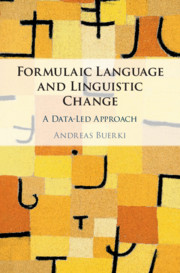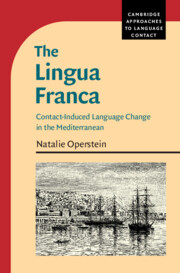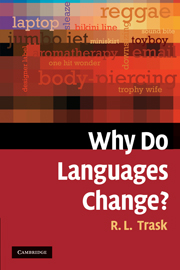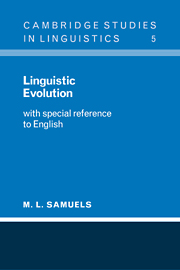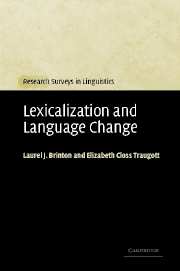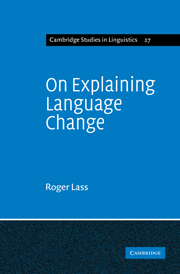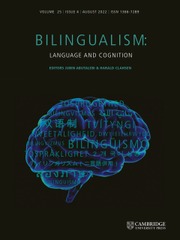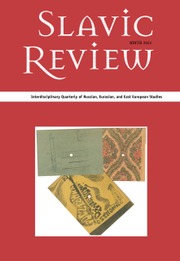Formulaic Language and Linguistic Change
A Data-Led Approach
£100.00
- Author: Andreas Buerki, Cardiff University
- Date Published: April 2020
- availability: In stock
- format: Hardback
- isbn: 9781108477468
£
100.00
Hardback
Other available formats:
eBook
Looking for an inspection copy?
This title is not currently available on inspection
-
A substantial proportion of our everyday language is 'formulaic', that is, it consists of oft-repeated chunks. From pause fillers such as you know, to phrases such as Many thanks!, Is this seat taken? or strong tea, they form a phenomenon central in language. This important new book investigates formulaic language from the point of view of language change. Employing a novel quantitative and data-led approach, it traces and analyses change in phraseology across 20th Century German as used in Switzerland. Drawing on nearly 20 million words of textual evidence, it shows that social and cultural change in the speech community is the predominant motivator of change, though other factors are also at play. The book demonstrates a close link between language change and the culture of the speech community, arguing that this has repercussions for the study of language in general, as well as the study of society and history.
Read more- An up-to-date and comprehensive, yet accessible introduction to formulaic language and the corpus-based study of the subject
- Employs quantitative and computational approaches to the study of language and culture, formulaic language and language change
- Contributes to the fields of phraseology, historical linguistics and language in society, showing how these different sub-disciplines intersect to allow a fuller insight into how language works
Reviews & endorsements
'I anticipate this book will become an instant classic, often cited: for its remarkably comprehensive and innovative categorizations and definitions of the phenomenon, and for its presentation of a strong piece of research which employs clever methods and takes us a large step forward in knowledge. The literature review on formulaic language is a definite useful tool for anyone seeking to gain deep understanding of the phenomenon.' David Wood, Carleton University, Ottawa
See more reviews'A rigorous, well-written and well-focused book clearly demonstrating how changes in formulaic language are linked to changes in the cultural context. Its new proposed methodology for the automatic extraction of formulaic expressions from a large body of data, as well as the wealth of useful references provided, will be immensely valuable to researchers and specialists, as well as students.' Maria Fernandez-Parra, Swansea University
Customer reviews
Not yet reviewed
Be the first to review
Review was not posted due to profanity
×Product details
- Date Published: April 2020
- format: Hardback
- isbn: 9781108477468
- length: 260 pages
- dimensions: 235 x 156 x 18 mm
- weight: 0.48kg
- contains: 40 b/w illus. 28 tables
- availability: In stock
Table of Contents
Introduction
1. Formulaic language
2. Cultural context and diachrony
3. The data, the community and a data-led identification of MWEs
4. MWEs in written German
5. Culture as motivator of change
6. Cultural motivation in context
Conclusions
Appendix A. Filter entries
Appendix B. Rater guidelines on semantic unity.
Sorry, this resource is locked
Please register or sign in to request access. If you are having problems accessing these resources please email [email protected]
Register Sign in» Proceed
You are now leaving the Cambridge University Press website. Your eBook purchase and download will be completed by our partner www.ebooks.com. Please see the permission section of the www.ebooks.com catalogue page for details of the print & copy limits on our eBooks.
Continue ×Are you sure you want to delete your account?
This cannot be undone.
Thank you for your feedback which will help us improve our service.
If you requested a response, we will make sure to get back to you shortly.
×
